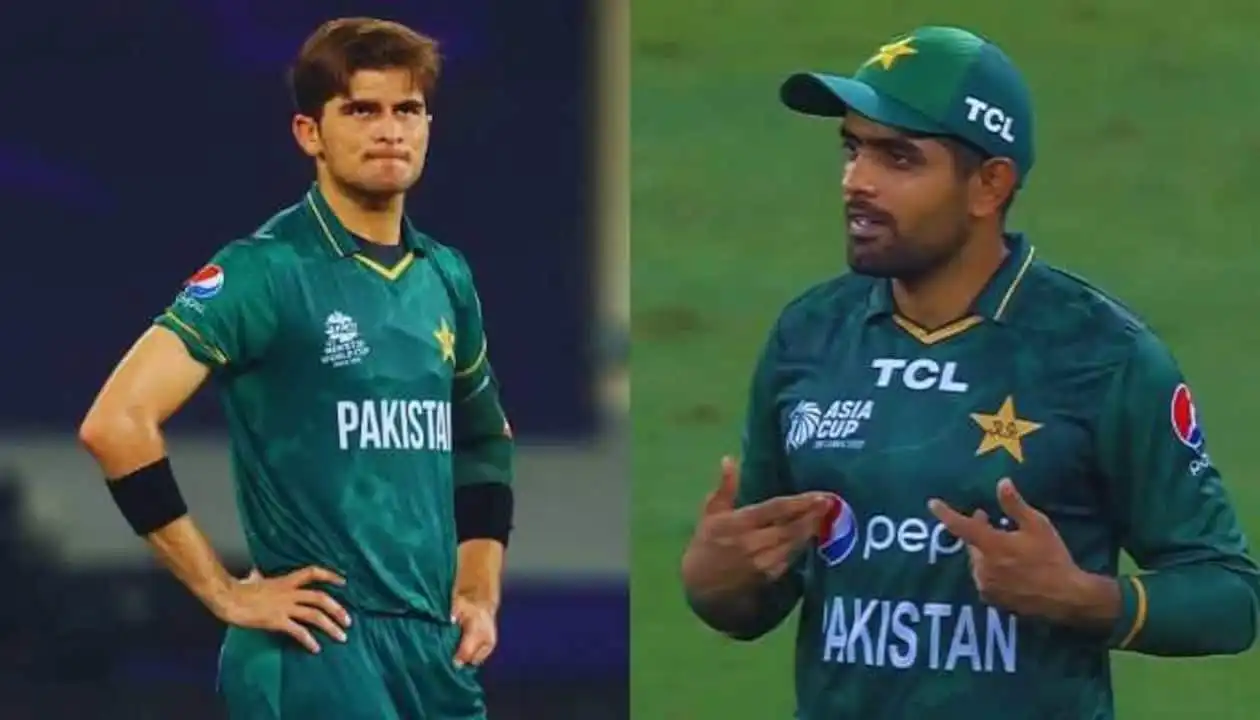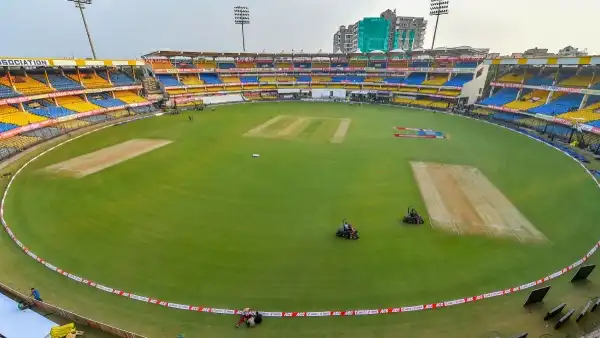 Dan Lawrence was controversially declared out vs Renegades [X.com]
Dan Lawrence was controversially declared out vs Renegades [X.com]
In the recent Big Bash League match between Melbourne Renegades and Melbourne Stars, controversy erupted when Dan Lawrence found himself at the centre of a contentious LBW decision. Despite a clear spike in the UltraEdge technology, Lawrence was given out, sparking debates and discussions about the use of technology in umpiring decisions.
The Stars were put to bat first, and Daniel Lawrence, alongside Thomas Rogers, opened the innings for their side. However, things got heated up when Lawrence was trapped on the pads by Tom Rogers of Renegades.
While Renegades made an underconfident appeal, the stand-in umpire declared it out on the grounds of leg before wicket. Lawrence knew he had nicked it and reviewed the umpire's decision after consulting with his partner at the other end.
Interestingly, reviews showed a spike in real-time Snicko meter when the ball brushed past the bat. However, in what was deemed as a controversial decision, the TV umpire reckoned a gap between bat and ball. Further, the ball tracking showed umpires call on wickets hitting, and the on-field umpire's original decision was upheld.
However, understandably, Dan Lawrence wasn't pleased with the call. He protested against the TV umpire's ruling, but all in vain, as he had to make his way back to the dugout.
Undoubtedly, the loss of Lawrence's wicket demolished the Stars' morale as they were bundled inside 140 runs in the first innings.
That being said, the controversial decision prompted discussions about the implementation of technology in cricket and the impact of the Decision Review System (DRS) in rectifying umpiring errors.
While DRS has been introduced to eliminate errors and improve decision-making accuracy, instances like Lawrence's controversial dismissal highlight the challenges and subjectivity that can still be associated with the system.
Regardless, with the ICC unequipped with better technology, the DRS and the debate surrounding its ideal usage will continue to foster for the foreseeable future.
![[Watch] Batter Survives As Bails Don't Fall Off Despite Ball Hitting The Stumps In BBL](https://onecricketnews.akamaized.net/parth-editor/oc-dashboard/news-images-prod/1705130422769_Untitled design - 2024-01-13T124832.529.jpg)




.jpg?type=mq)
